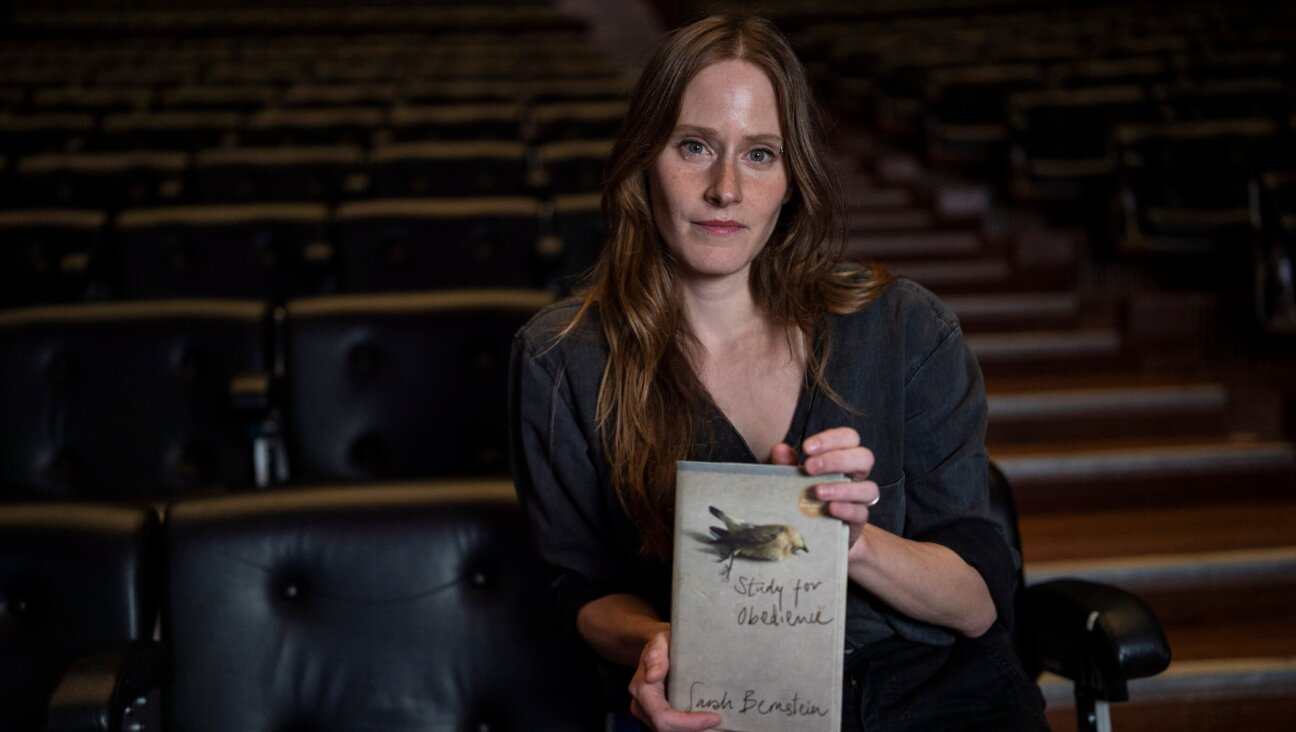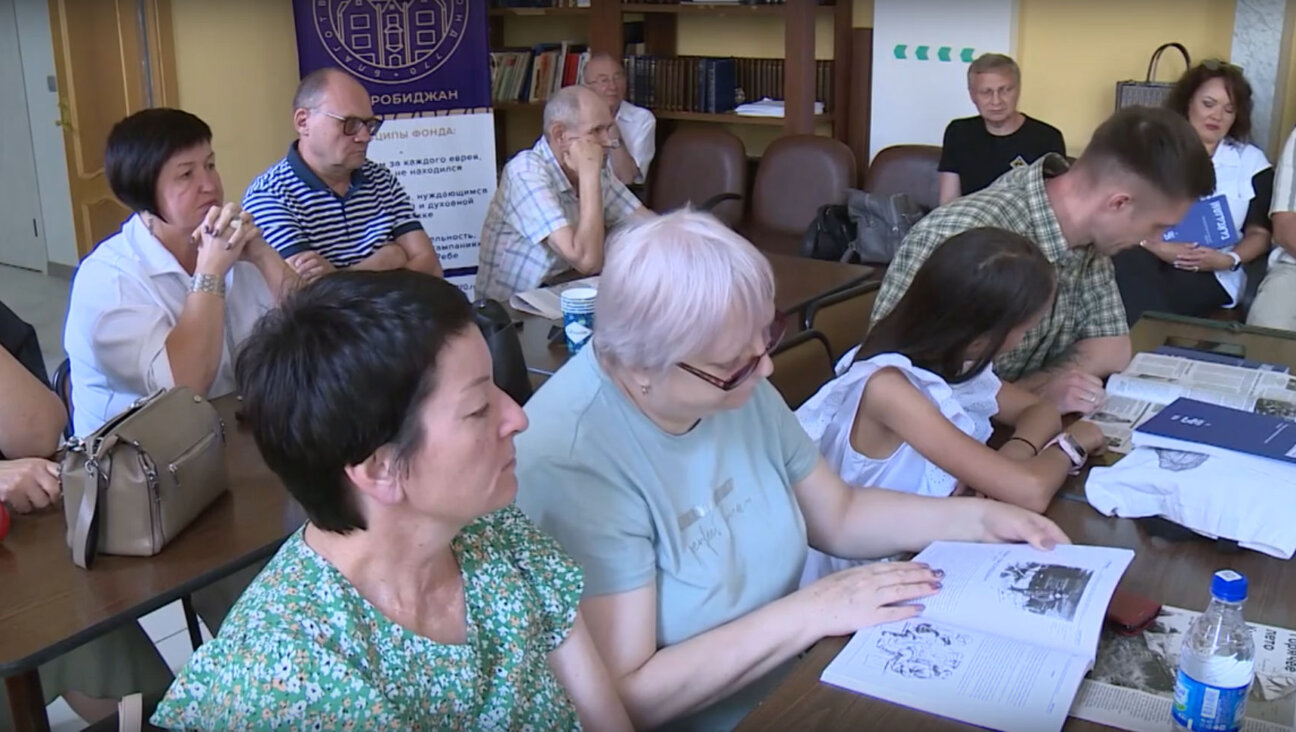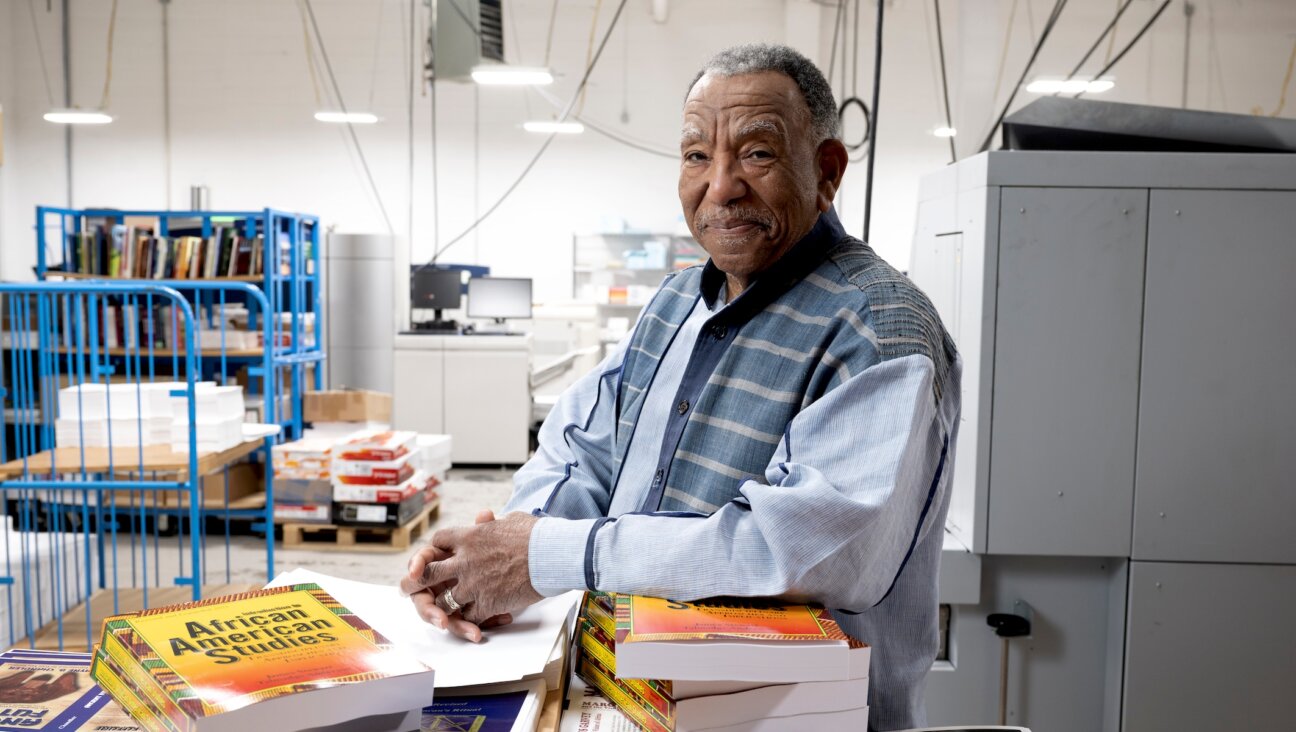Appeal of Conscience Foundation Ceremony and National Osteoporosis Foundation Lunch

Award: Canadian Prime Minister Stephen Harper stands with Rabbi Arthur Schneier. Image by Karen Leon
Canadian Prime Minister Stephen Harper Honored by Appeal of Conscience Foundation
“A crime perpetrated in the name of religion is the greatest crime against religion,” said Rabbi Arthur Schneier, founder and president of the Appeal of Conscience Foundation, at the organization’s annual awards dinner held at the Waldorf Astoria on September 27. Canadian Prime Minister Stephen Harper, Citigroup CEO Vikram Pandit and IBM Chairman, President and CEO Virginia Rometty were honored at the event.
“At one time embassies were sacred [places] where diplomats were secure,” Schneier said, referring to embassy attacks in the Muslim world in September. “There is no glory and sometimes your life is sacrificed,” he said. “I happened to know the [U.S.] ambassador [Christopher Stevens] who was murdered. You know why? Because for the last 31 years [the foundation] has taught American diplomats to appreciate what religion is all about. … Last year we had 1500 American diplomats attending our seminars.”
“We live in a very difficult world [where] the targets are not just embassies — they are churches, mosques, temples, synagogues…Buddhist statues,” Schneier continued. “Why am I so passionate about it? [Because] I saw my synagogue [in Vienna] burned on November 9, 1938. It started off with the burning of a house of worship and ended up with the burning of human beings.”
Henry Kissinger, who presented the Appeal of Conscience World Statesman Award to Prime Minister Harper, said: “There are huge changes going on in each of the continents: Europe is in a period that tries to overcome its history of reliance on the sovereign state. Asia is conducting foreign policy on maxims similar to 19th-century European diplomacy; and the Middle East is in a period comparable to 17th-century European theological and ideological conflicts.”
Then it was Harper’s turn to talk about Canada: “It is upon the foundation of freedom and human dignity that Canada seeks, in an uncertain world, to articulate a foreign policy built on certain principles … rooted in our country’s ancient heritage and long practice of freedom, democracy, the rule of law and a generosity of spirit,” he said.
In English and then in French, the prime minister said: “We offer you our unequivocal condemnation and outrage over the recent anti-Semitic riots around our embassies … and the deadly attack upon your consulate in Libya. … The world is probably a freer and more democratic place today than at any point in my lifetime. Yet, paradoxically, rarely has the future of the free and democratic world been less secure.”
Speaking of the Iranian regime’s threat to Israel, Harper said: “It is important to state that whatever Israel’s shortcomings, neither its existence nor its policies are responsible for the pathologies present in that part of the world. We are also mindful of the lesson of history: that those who single out the Jewish people as a target of racial and religious bigotry will inevitably be a threat to us all … [as well as] a threat to all free and democratic societies.
‘Brisket Maven’ Barbara Hanna Grufferman Among Honorees at National Osteoporosis Foundation ‘Generations of Strength’ Lunch
“It is the gift of knowledge that one generation passes down to the next. The building of healthy bones for life — that is the most precious gift a mother could pass on to daughters,” Sharon Marantz Walsh, National Host Committee Chair of the National Osteoporosis Foundation, told the guests at NOF’s September 24 “Generations of Strength” lunch at The Pierre. “Asking for a bone density scan [should be] second nature to a woman asking for a mammogram,” said NOF Honorary Committee Chair Gail Sheehy.
Sheehy is the author of “Passages: Predictable Crises of Adult Life” (E.P.Dutton, 1976), which has been reprinted in 28 languages and was on the best-seller list for the years. Its sequel, “Passages in Caregiving” (HarperCollins, 2011), focuses on the “stressed out family care-giver” who needs “to protect her own health as well as her family.”
Referencing a conversation she had with Robert Gagel, an endocrinologist at MD Anderson Cancer Center in Houston, Texas, Sheehy said: “He told me … of seeing more men who — after 65 — have bone loss at the same rate — or even faster — as women. Osteoporosis affects more women than those at risk for heart attack, stroke and breast cancer combined. It affects more men than prostate cancer.”
“As a young woman, my [bone] density was already lower than most of my patients” said Generation Award recipient Felicia Cosman, author of “What Your Doctor May Not Tell You About Osteoporosis” (Warner Books, 2003). A medical specialist at Helen Hayes Hospital, she has published more than 100 peer-reviewed articles on osteoporosis, and has been elected multiple times to the Castle Connolly list of top doctors. “Bone density testing is the only way to diagnose osteoporosis in early stages,” she said. Cosman also noted that adult fractures attributable to osteoporosis — like fractures of the hip — “often send you to nursing homes from which [you] never reappear.”
Generation Award recipient Barbara Hannah Grufferman, author of “The Best of Everything After 50” (Running Press 2010), shared her own saga of discovering she had osteopenia at 50. She described how, by changing her diet and exercise regime, she got back to normal.
During our chat, her husband , Howard, vice chairman, New York Colliers International NYC/LLC, a real estate firm, confirmed that yes, “Barbara’s claim is correct. Her brisket is better than my mother’s brisket.”
CBS medical reporter Max Gomez, a past award recipient, presented the Generation Award to television journalist Jane Hanson. Hanson spoke movingly of her mother who, at 50, required a hip replacement and who has had Alzheimer’s for the past seven years. Also present was Ethel Siris, a past NOF president and current director of the Toni Stabile Osteoporosis Center at Columbia University.
A message from our CEO & publisher Rachel Fishman Feddersen

I hope you appreciated this article. Before you go, I’d like to ask you to please support the Forward’s award-winning, nonprofit journalism during this critical time.
We’ve set a goal to raise $260,000 by December 31. That’s an ambitious goal, but one that will give us the resources we need to invest in the high quality news, opinion, analysis and cultural coverage that isn’t available anywhere else.
If you feel inspired to make an impact, now is the time to give something back. Join us as a member at your most generous level.
— Rachel Fishman Feddersen, Publisher and CEO






















